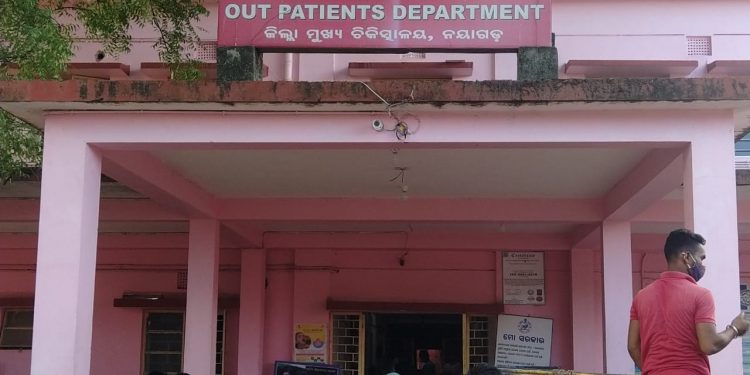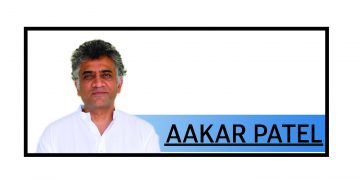Nayagarh: The dialysis centre at district headquarters hospital (DHH) here is struggling to stay afloat due to administrative bottlenecks and lack of coordination between the authorities of the hospital and the dialysis centre, a report said.
The dialysis unit is being run on public-private partnership (PPP) mode.
Reports said the state government had recently provided 11 dialysis machines to the unit out of which the authorities of the dialysis centre returned back two machines.
The development is a case in this point. It is alleged that the RO (reverse osmosis) water purifiers at the centre often develop snags as the water supplied to the hospital contains harmful minerals.
As a result, the dialysis centre often remains closed much to the sufferings of the patients. However, the authorities are not making any effort to resolve the problems.
Reports said the centre provides free dialysis facilities to kidney and cancer patients for which the concerned firm running the centre gets Rs 7 to Rs 8 lakh per month from the state government.
The centre needs more water to perform dialysis for which it draws water from two bore wells on the hospital premises.
Since the bore well water contains harmful minerals, it is purified by RO purifiers, which often develop snags and become defunct due to presence of excessive minerals in the water.
The centre remains closed when the RO purifiers develop snags. The private firm regularly complains of water shortage. The hospital authorities rubbished the charges stating that the firm is neglecting on purifying the water despite drawing huge sum from the government.
The firm instead of rectifying its mistakes is trying to put the blame on the hospital authorities. Currently, the public health engineering organisation (PHEO) is supplying water to the dialysis centre after the district Collector intervened.
Efforts are also on to supply water to the hospital from Mahanadi river.
Ranjit Dash, Congress district president, termed the return of the two dialysis machine as unfortunate and demanded to bring back the two machines.
When contacted, CDMO Makarand Behura rejected the charges stating that earlier the hospital had seven dialysis machines and the number rose to 11 after the state government supplied four machines.
Currently, nine machines are working while two have been installed but yet to become functional. The two machines will become functional after the new building starts functioning.
PNN






































